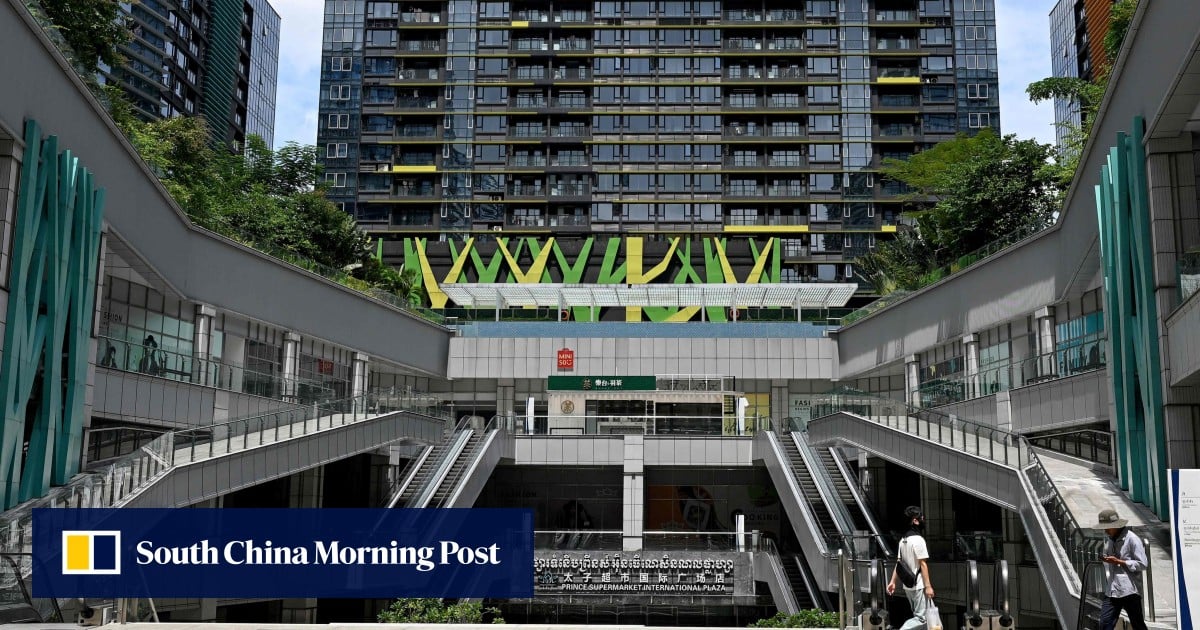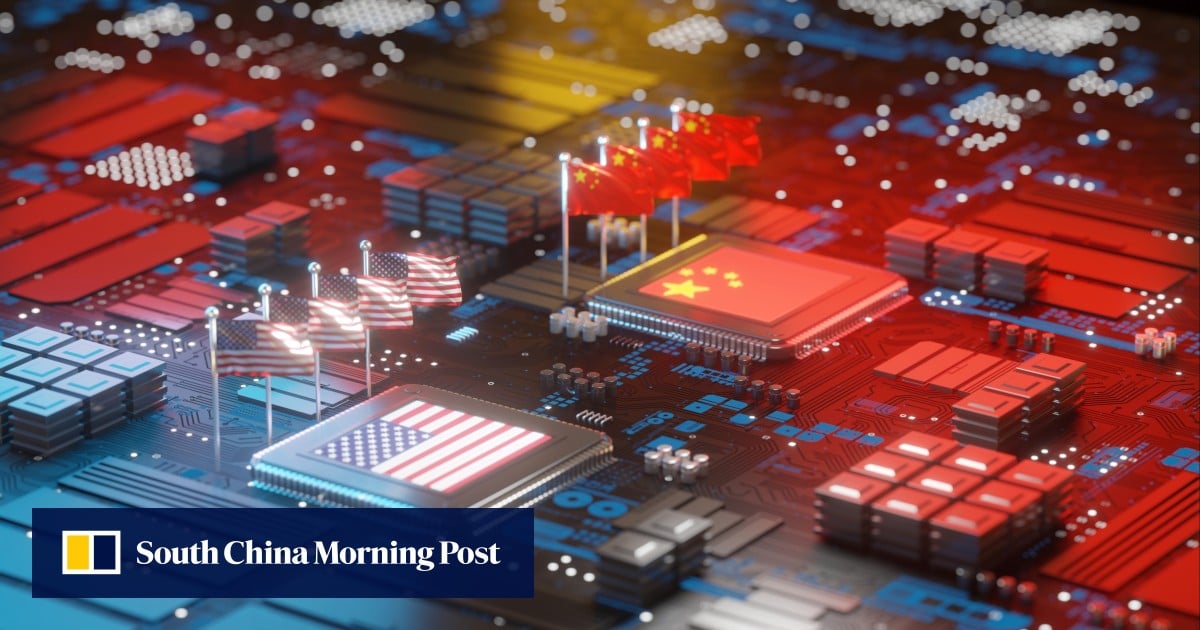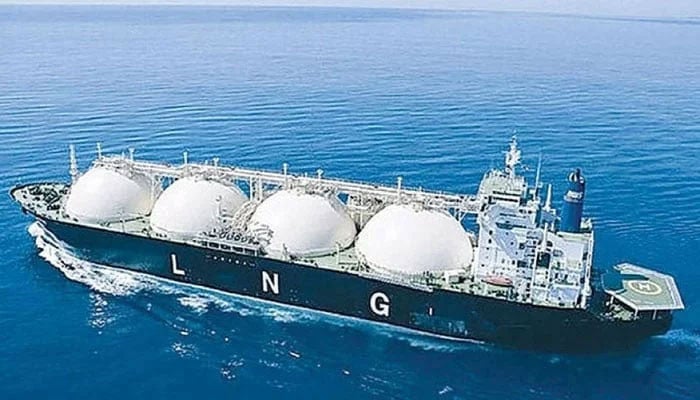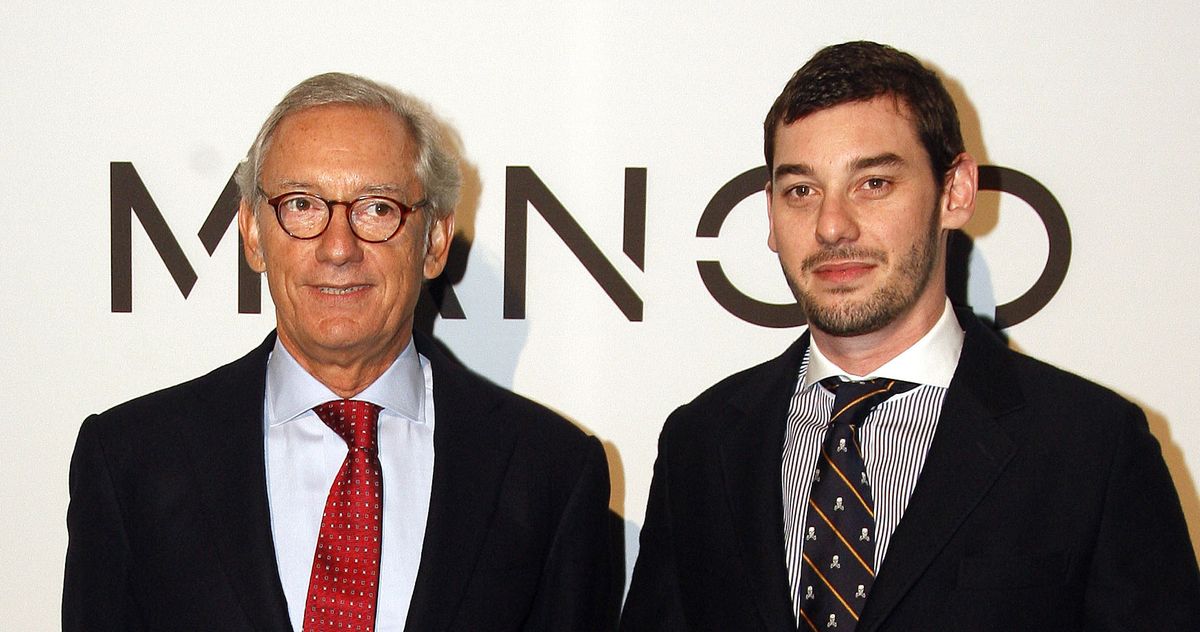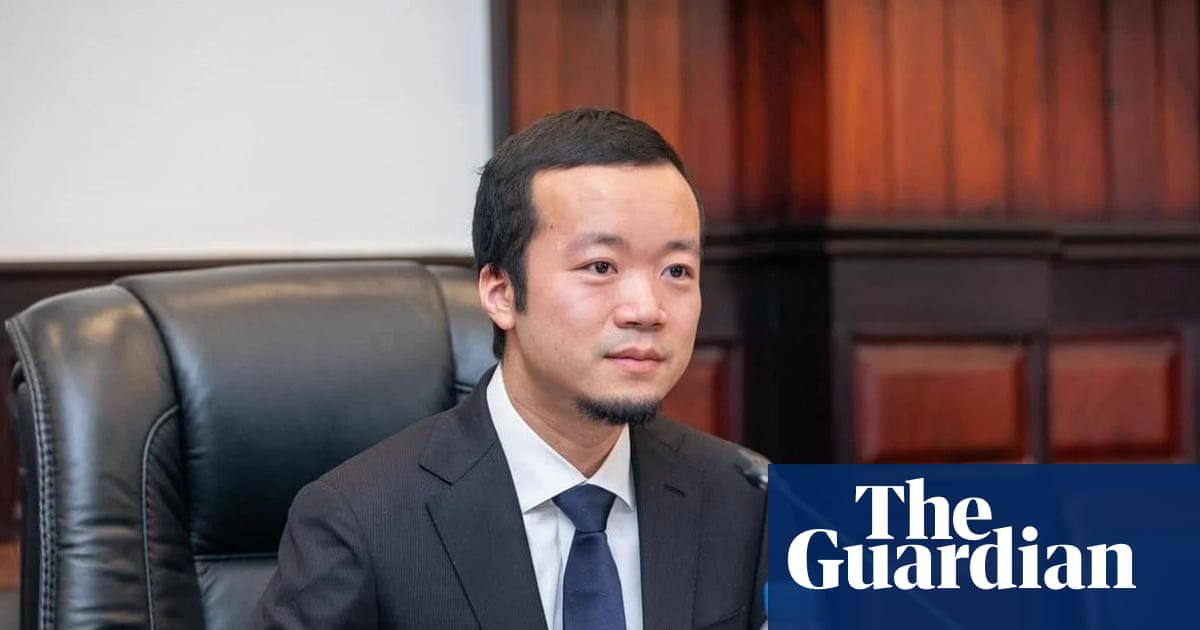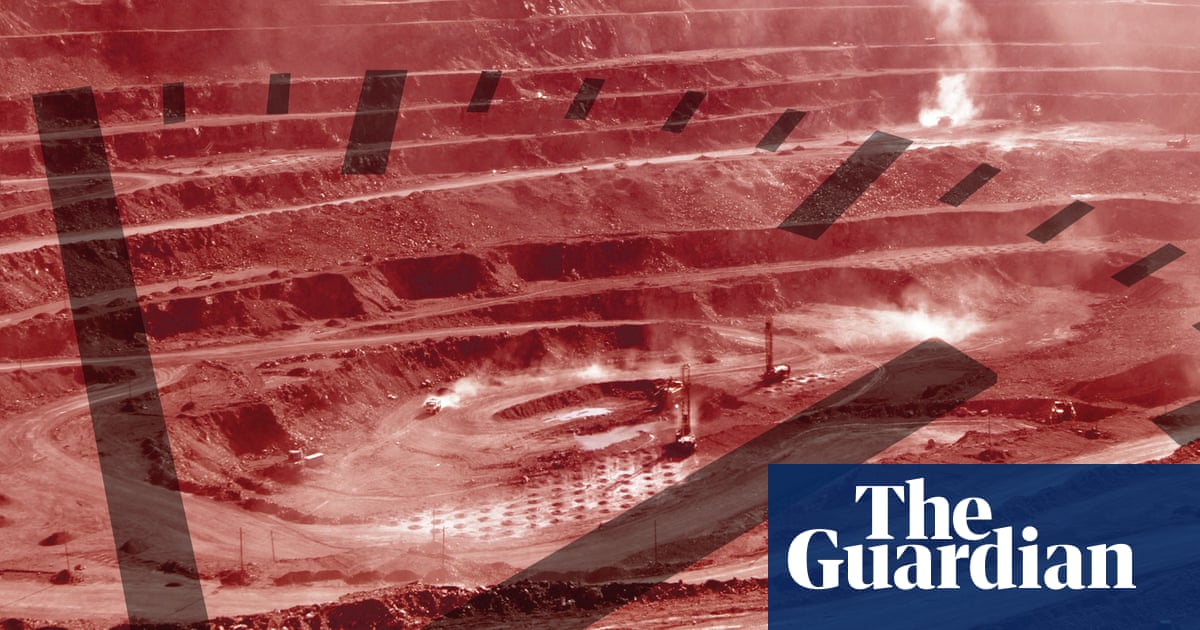China Calls Dutch Government a 'Pirate' Over Semiconductor Seizure – What's Next?

In an unprecedented twist of international relations, Chinese state media has labeled the Dutch government a “pirate” after it seized control of the semiconductor company Nexperia, sparking fierce backlash and even threats from Beijing. This shocking move raises questions about geopolitical tensions surrounding technology and trade.
On September 29, the U.S. Department of Commerce increased restrictions on companies linked to sanctioned entities, extending its Entity List to include affiliates like Nexperia, a subsidiary of China’s Wingtech Technology. Just a day later, the Dutch government stepped in, citing “serious governance shortcomings” and invoking the Goods Availability Act to take charge of the semiconductor giant.
“The decision aims to prevent a situation in which the goods produced by Nexperia would become unavailable in the event of an emergency,” declared the Dutch Minister of Economic Affairs, ensuring that the company’s production would continue uninterrupted.
However, the fallout from this takeover has been swift. Nexperia disclosed that its operations were impacted by the U.S. sanctions due to its ownership structure, and it faced additional restrictions from the Chinese Ministry of Commerce regarding exports of crucial components. The editorial from the Global Times condemned these actions as “21st-century piracy,” arguing that it jeopardizes years of Chinese investments.
Historical context adds layers to this conflict—the Netherlands was once a colonial powerhouse in Southeast Asia, and critics are drawing parallels between those imperialist tactics and today’s economic competition. Shen Yi, an international politics professor, warns that while the Dutch may see themselves as maritime leaders, they now risk being labeled as modern-day pirates in the global economy.
The coalition of semiconductor allies formed by the Netherlands could potentially backfire, as China possesses significant leverage in rare earth production, which is essential for many high-tech industries.
Further complicating the matter, Nexperia has been under increasing scrutiny since being acquired by Wingtech in 2018. The UK government forced it to divest its Newport wafer plant due to national security concerns, and German officials have restricted its access to public funding for research.
In a bid to navigate the complex web of regulations and avoid further scrutiny, Nexperia has established a government relations office and is exploring new corporate governance structures. However, these efforts face challenges, as Dutch authorities demand changes in management and a shift toward European investment.
Moreover, recent court filings reveal U.S. officials indicated that Nexperia’s original CEO needed to be replaced for the company to escape the U.S. blacklist, further complicating its operations.
As tensions escalate, Chinese officials have urged the Netherlands to adopt a more autonomous stance in this matter, hinting at potential retaliatory measures against Dutch businesses if the situation continues to deteriorate. The question remains: how will the Netherlands respond to these mounting pressures?














